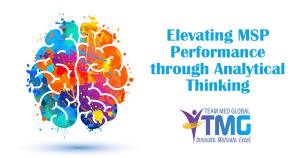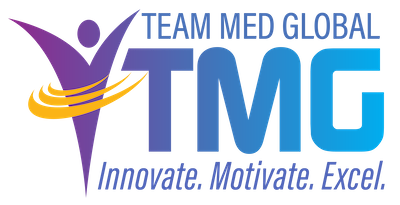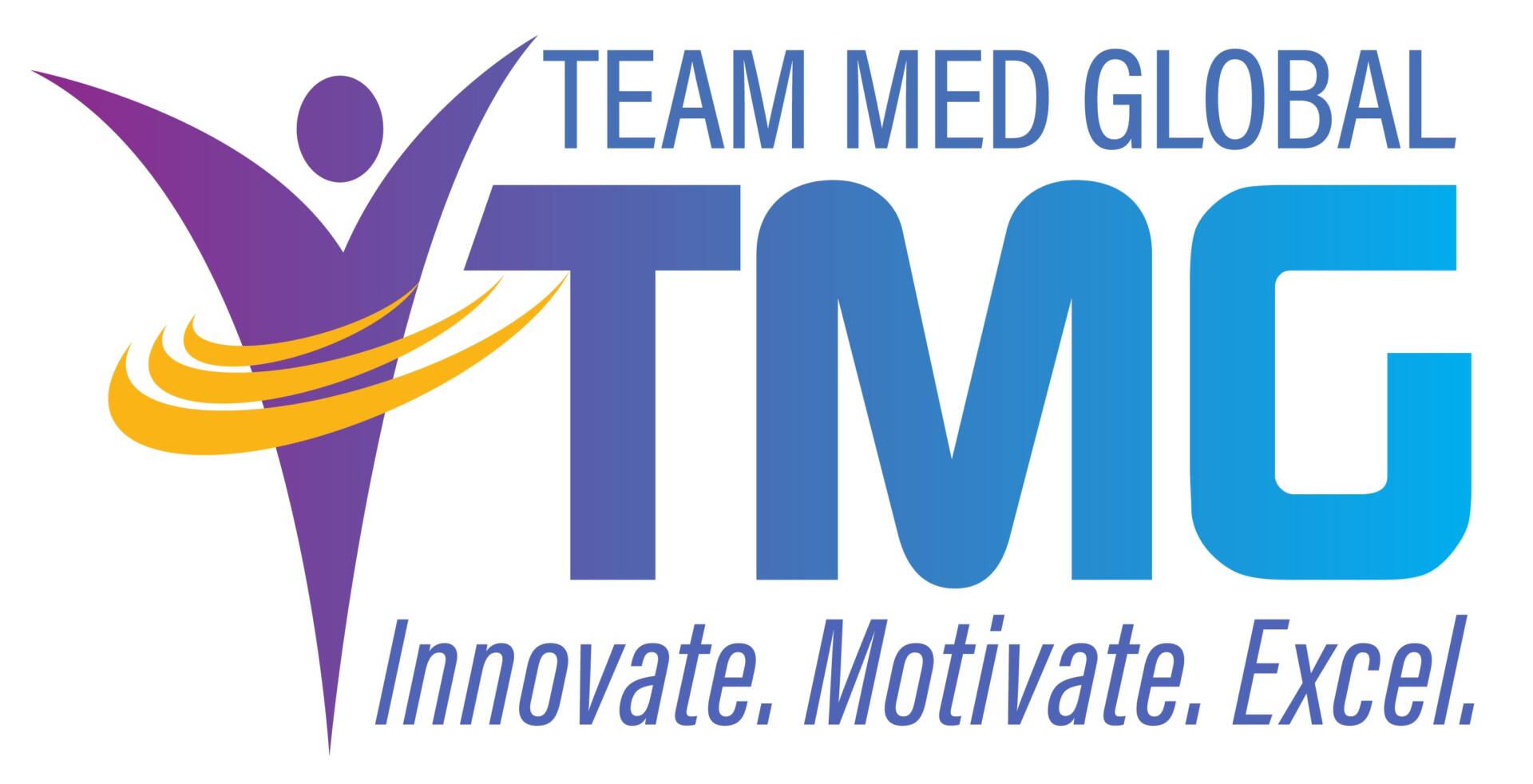 Analytical thinking is a linchpin for MSPs, which is why it is a core competency in TMG’s Executive MSP Core Competency Model. This skill transcends basic problem-solving, embedding itself into the very fabric of MSP responsibilities—from credentialing to compliance, and process optimization to strategic planning.
Analytical thinking is a linchpin for MSPs, which is why it is a core competency in TMG’s Executive MSP Core Competency Model. This skill transcends basic problem-solving, embedding itself into the very fabric of MSP responsibilities—from credentialing to compliance, and process optimization to strategic planning.
What is Analytical Thinking?
Analytical thinking is the ability to systematically and logically dissect problems, interpret data, and make informed decisions. This skillset involves identifying patterns, recognizing underlying relationships, and applying systematic approaches to solve complex issues. It’s about seeing beyond the surface details to understand the root causes and potential implications of various situations.
Why Analytical Thinking is Indispensable for MSPs
As MSPs, we are tasked with ensuring that healthcare providers not only meet current standards but are also poised to adapt to future changes in the healthcare sector. This requires a deep dive into analytical thinking:
Credentialing and Privileging: MSPs must sift through vast amounts of data, assessing the qualifications and backgrounds of healthcare practitioners. This process isn’t just about checking boxes; it involves a critical analysis of information to identify potential red flags and implications for patient care and institutional reputation.
Regulatory Compliance: The healthcare regulatory environment is constantly evolving. We must interpret and apply complex regulations to their institutions, predicting how changes might impact their operations. This involves analyzing standards, understanding the intent behind regulations, and foreseeing potential compliance issues before they arise.
Quality Improvement: MSPs play a crucial role in quality improvement initiatives. We must identify patterns and trends, and propose actionable improvements. This requires a deep understanding of healthcare processes and the ability to link disparate pieces of data to form coherent, actionable insights.
Physician Licensure Applications: MSPs may helm the application process for physician licensure, which requires a keen eye for detail and an understanding of various state requirements. This involves not only compiling and verifying the accuracy of extensive documentation but also strategically analyzing each state’s unique licensure criteria to ensure a smooth application process, anticipating potential hurdles in order to avoid delays or rejections.
Provider Enrollment: Ensuring providers are properly enrolled with insurance payers is crucial for reimbursement. MSPs must analyze and reconcile the provider’s application with payer requirements, foresee potential enrollment issues, and address discrepancies to prevent billing and payment delays.
Enhancing Analytical Skills
Developing a greater level of analytical thinking involves targeted strategies:
Training: Engaging in professional development in healthcare administration, healthcare law, or data analysis can provide MSPs with the theoretical frameworks and analytical tools needed to tackle complex issues. TMG webinars can support the development of analytical thinking.
Interdisciplinary Collaboration: Working closely with professionals from other disciplines—such as data scientists, healthcare administrators, and clinicians—can offer new perspectives and analytical methodologies. This cross-pollination of ideas enriches our approach to problem-solving.
Scenario Planning and Simulation: Engaging in scenario planning exercises can sharpen analytical skills. We can simulate various operational, regulatory, and clinical scenarios to anticipate challenges and devise strategic responses. This proactive approach fosters a deeper level of analytical thinking by encouraging MSPs to consider a broad range of possibilities and outcomes.
Peer Review and Case Studies: Participating in peer review sessions or analyzing case studies like those posted in The TMG Zone can offer insights into complex problem-solving strategies. Reviewing real-world scenarios and understanding how others have navigated challenges can provide valuable lessons in analytical thinking.
Reflective Practice: Encouraging a culture of reflection where MSPs regularly review their decisions, the outcomes, and the thought processes behind them can lead to deeper analytical insights. This reflective practice helps in identifying areas for improvement and in developing a more nuanced approach to future challenges.
In conclusion, analytical thinking for MSPs is not just about dealing with the present; it’s about foreseeing the future and preparing for it. By delving deeper into the intricacies of credentialing, compliance, and quality improvement, and by adopting a multifaceted approach to skill development, we can enhance our analytical capabilities. This not only benefits our immediate professional environment but also contributes to the broader goal of improving healthcare quality and patient safety.

